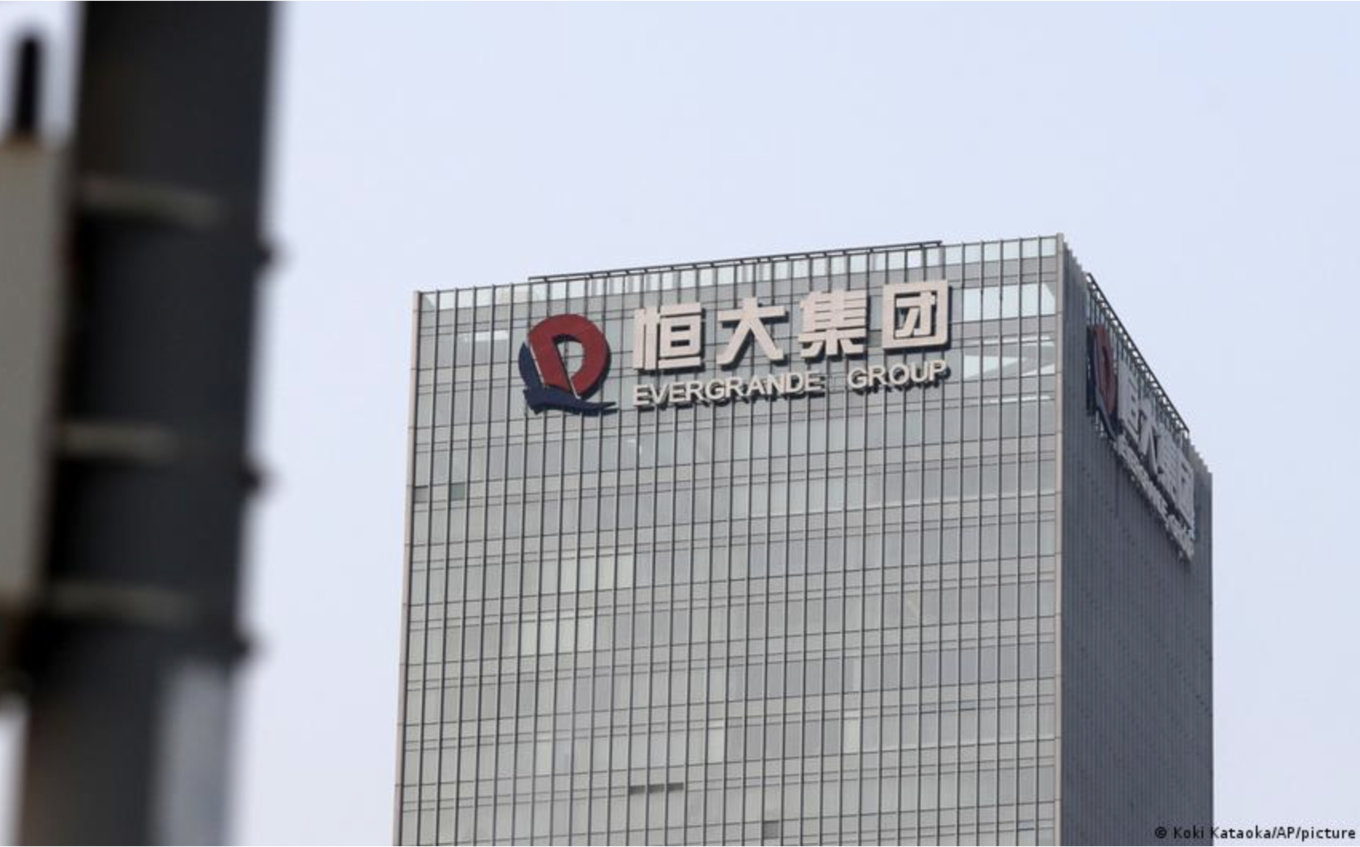Forbes magazine, an American financial and business magazine, reported that China’s financial crisis is getting worse, but the Bank of China’s troubles are not surprising. In reality, this is just a continuation of the rampant crisis that began over a year ago. when Evergrande, a major real estate developer, announced that he could no longer incur about $ 300 billion in debt.
“Forbes” reported on its website that in the last phase, Chinese banks, which are expected to suffer huge loan losses, have taken significant steps to increase bad debt provisions and the funds received from the Chinese bond market have increased compared to last. about 30% a year. Beijing apparently failed to understand what would happen in the wake of the Evergrande crisis, refusing to take swift or radical action to stop the widespread bankruptcy of China’s financial industry.
The report continued that these failures and crises generally continue to spread until Beijing takes more decisive action. What China is going through is like a textbook explaining how a financial crisis develops. Failure in one place leads to failure elsewhere, and the associated fear and lack of trust prevent their systems from functioning effectively or sustaining economic growth. From the moment Evergrande filed for bankruptcy, trouble began to spread. Any company or financial institution that expects Evergrande to fulfill its obligations will face losses immediately.
By the nature of finance, all those who rely on these companies and financial institutions also face immediate losses. All borrowers and potential business partners have questioned the viability of others and these doubts have intensified as other developers have followed Evergrande with similar announcements. That suspicion of others spread further to Chinese mortgage lenders as Chinese lenders threatened to stop paying their mortgages, fearing that developers would never complete their contracted projects.
With most banks involved, the threat has worried Chinese savers about the safety of their funds, a concern that has become particularly acute as Chinese banks unilaterally restrict withdrawals and financial problems have had a clear economic impact. The weakness of the Chinese economy is already evident, and while public spending on infrastructure is still on the rise, the economy is likely not to hit the 5.5% real growth target that was downgraded this year.
Many blame China’s economic weakness on Beijing’s draconian blockade and quarantine in response to the Wuhan pneumonia outbreak, and these are no doubt the reasons, but the financial crisis, which has been underestimated by Beijing and the Western media, has far-reaching consequences. When people worry about the safety of their bank deposits, they slow down or stop spending. And when lenders worry about the profitability of businesses and individual borrowers, they stop funding promising projects, and when those involved in business deals worry about the profitability of their peers, the programs stop.
All of this has slowed business and development, and it is becoming increasingly clear that the fate of the Chinese steel industry is a perfect example. About 29% of steelmakers said they were close to bankruptcy as property developers stopped their plans and due to lack of credit. The Chinese steel industry, which last year sold billions of tons of steel, about half of the world’s production, and made huge profits, is really in sharp decline.
“The whole industry is losing money and there is no turning point in sight,” said Li Ganpo, founder and president of Hebei Jingye Steel Group. And these problems will naturally spread. Iron ore prices have fallen 36% since March. Steel is just one example. China will continue to suffer such losses until Beijing moves to stop the spread of bankruptcy.
Much of this economic pain could have been avoided if Beijing had acted immediately after Evergrande filed for bankruptcy. Authorities can reduce an unstoppable spread by lending directly, not to failing developers, but to others in the financial system, alleviating the losses they face when developers fail. This will help restore confidence and ensure that loans continue to drive the business.
Alternatively, the People’s Bank of China (PBOC) could increase the flow of loanable funds to the system so that private and state-owned banks have the ability to lend more aggressively, with sufficient financial reserves to reassure customers of the safety of their deposits, but Beijing did not act, so financial failure and fear of such failure spread throughout the Chinese financial system. Unless Beijing applies such a policy, such progress and its negative effects on the economy are bound to become increasingly severe.
Unfortunately, there are few signs that Beijing is fully aware of this need. So far, the Politburo, China’s main decision-making body, has insisted that local and provincial governments take the lead in addressing fiscal pressures. And dumping the blame in this way shows that the Chinese leadership has studied Washington more thoroughly than previously thought. Joking aside, this bullying and lack of action is not good for the Chinese economy.
Even at best, local and provincial governments will not be able to cope with the scale required by the financial crisis, but for years Beijing has forced local and provincial governments to fund infrastructure projects designated by central planners. to respond to local affairs, not to mention the needs of the national financial system. The only one that could fill that role is Beijing, but so far it has withstood the action beyond some minimal rate cuts.


